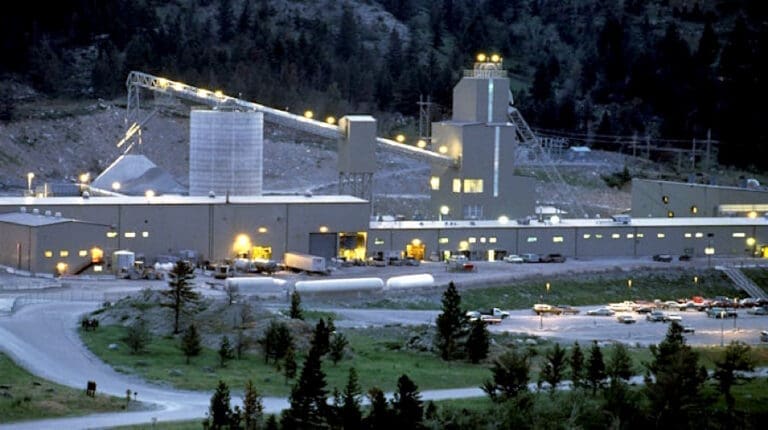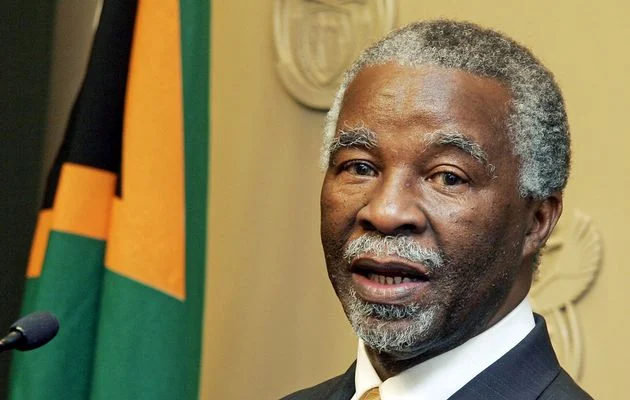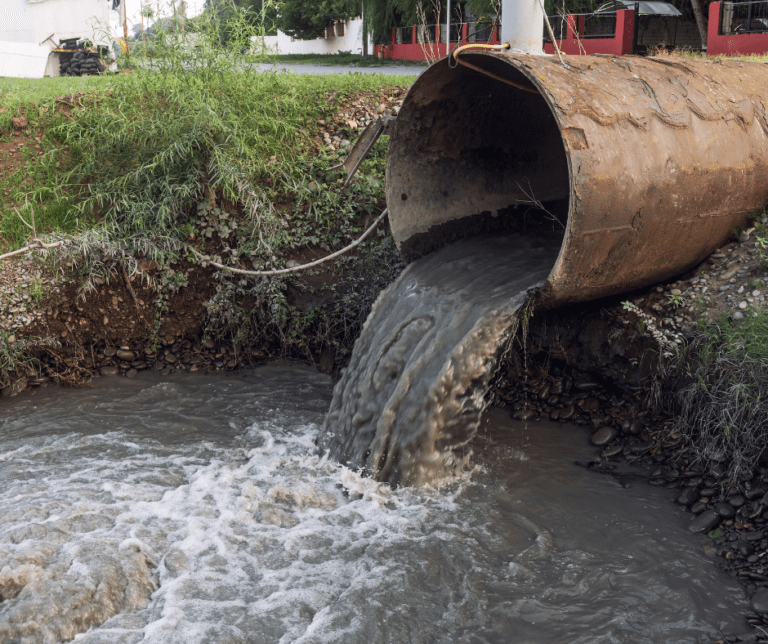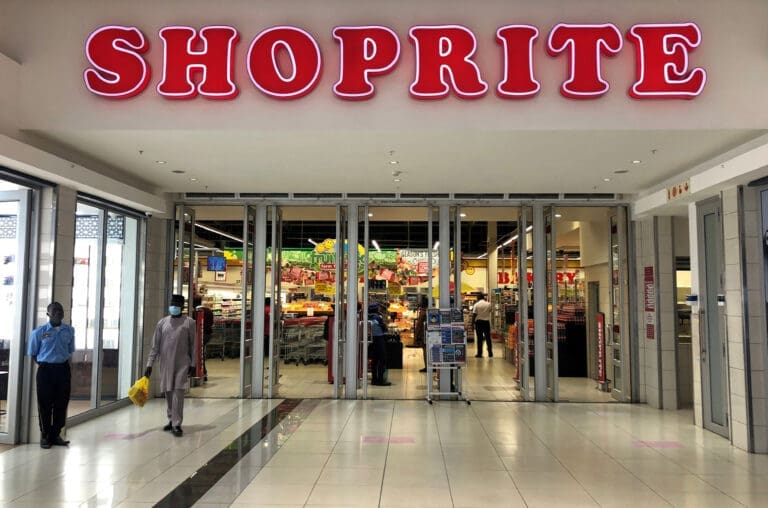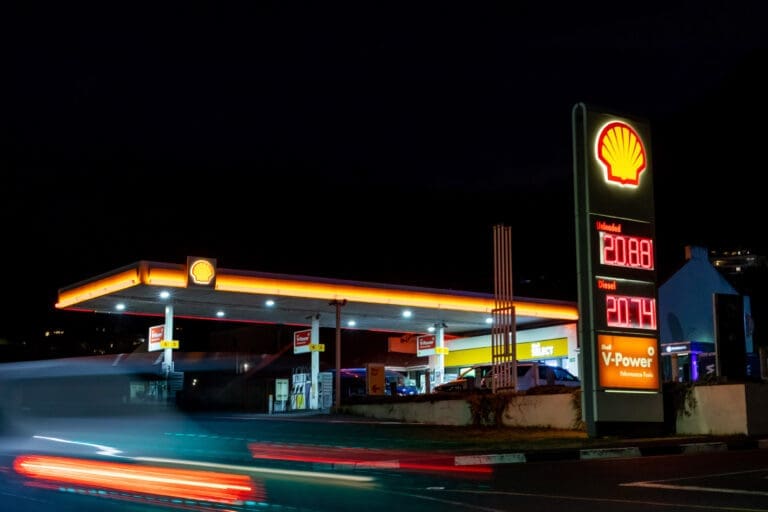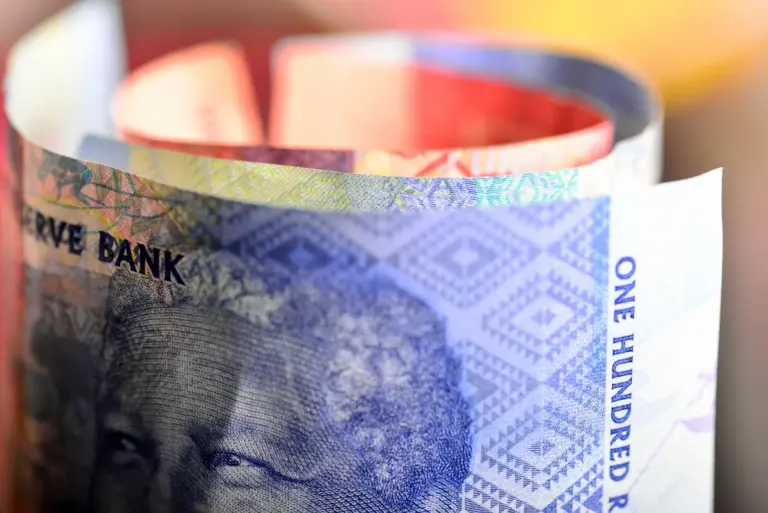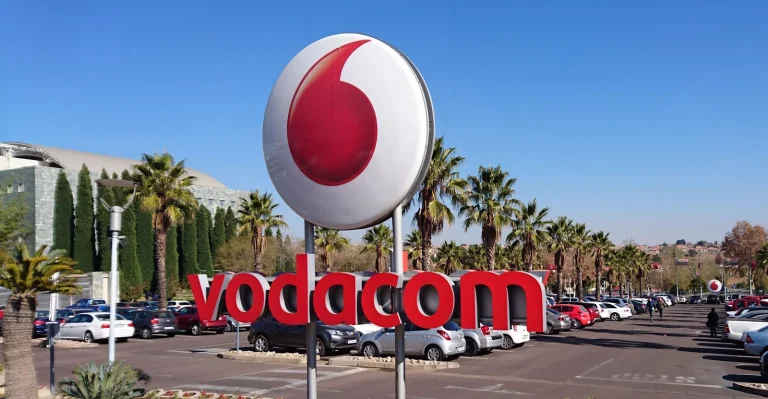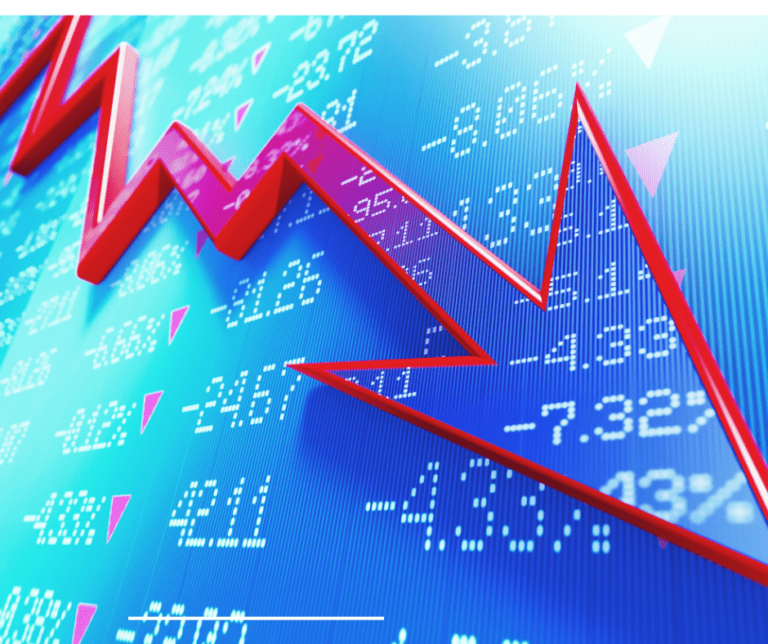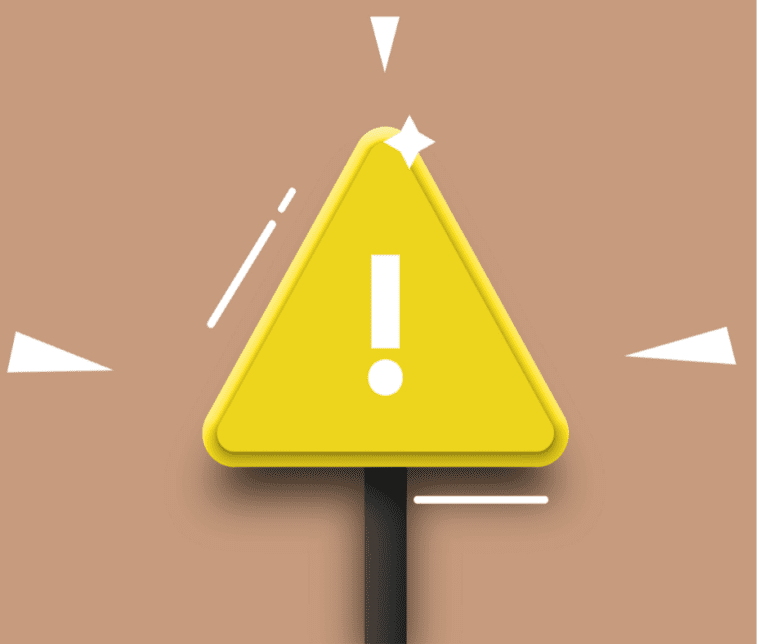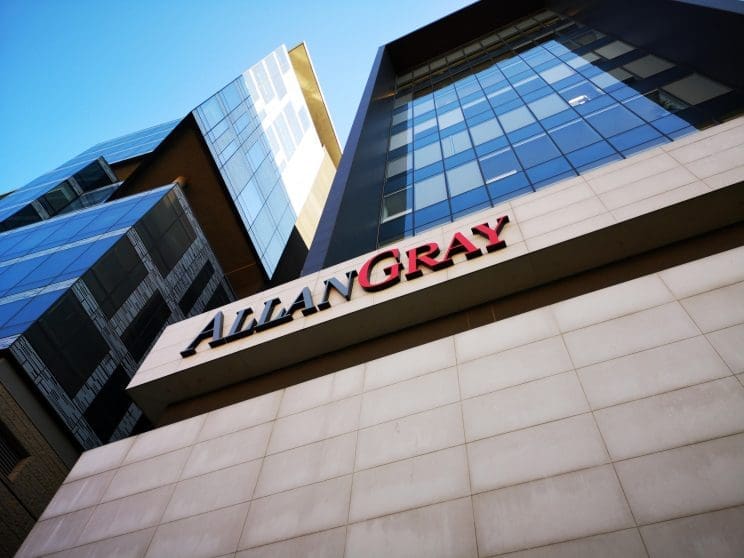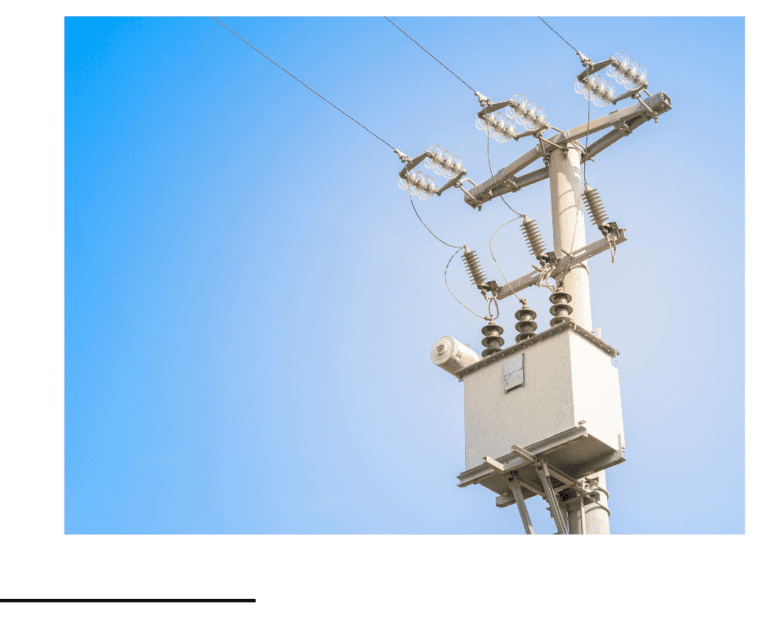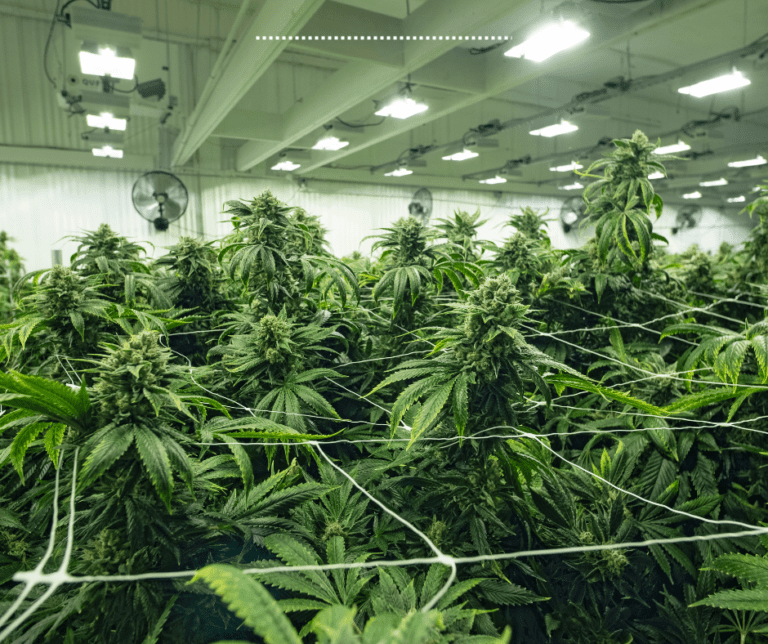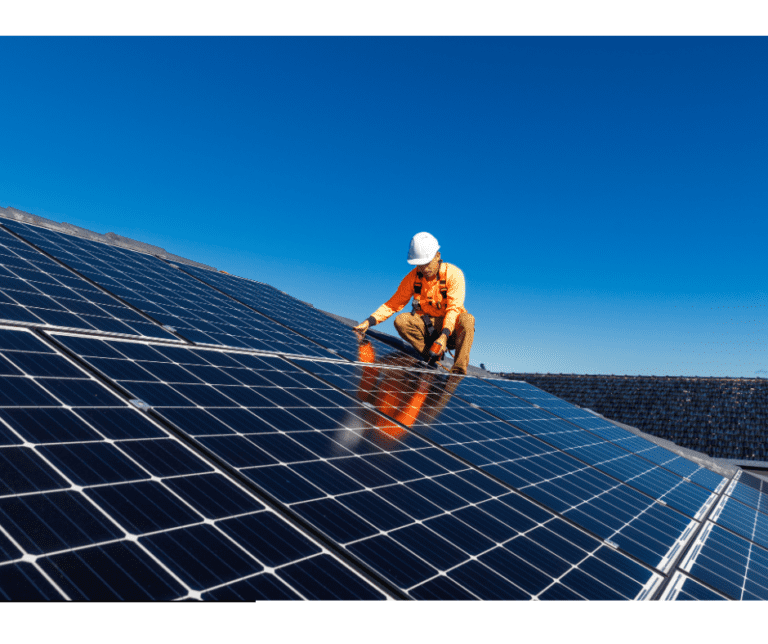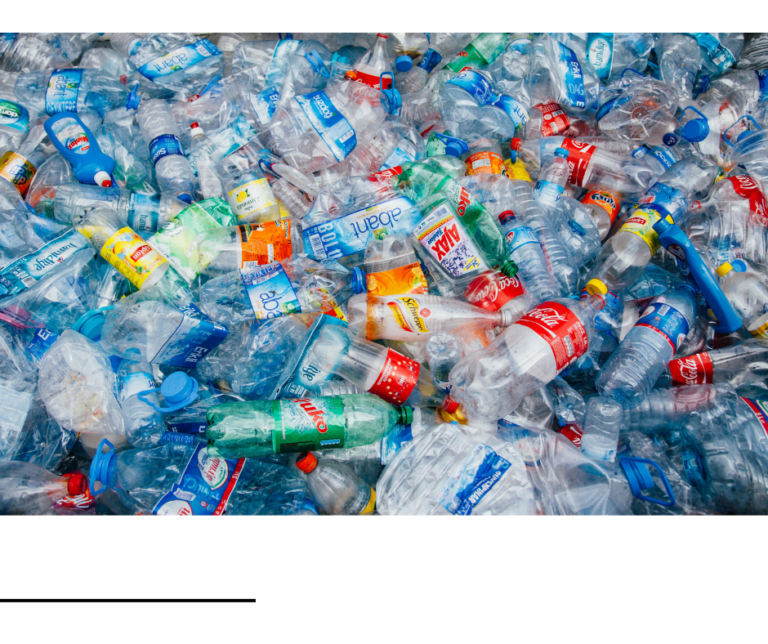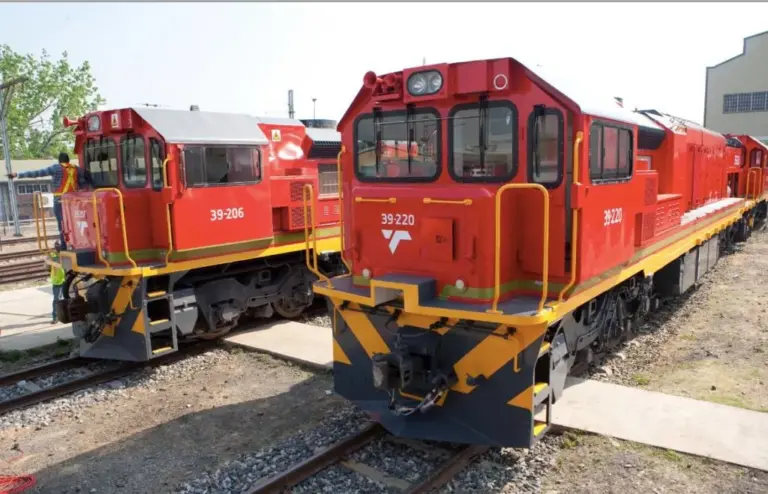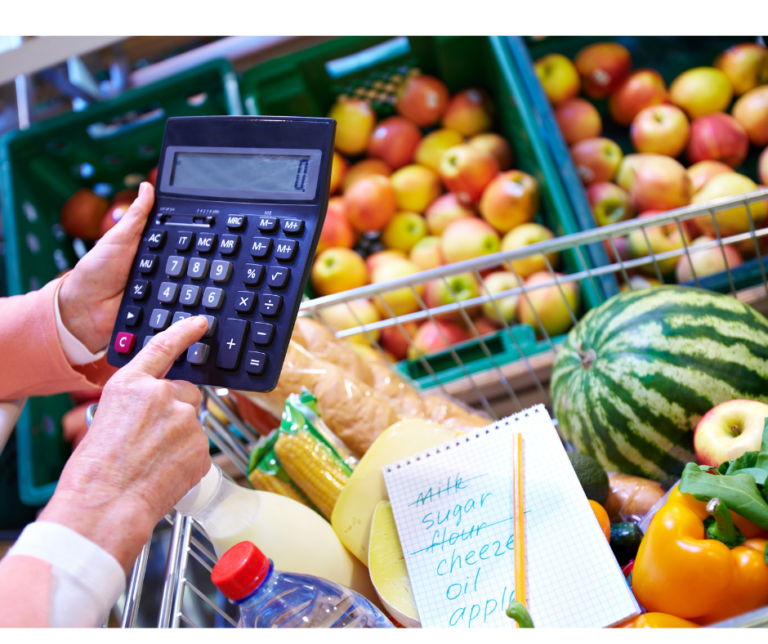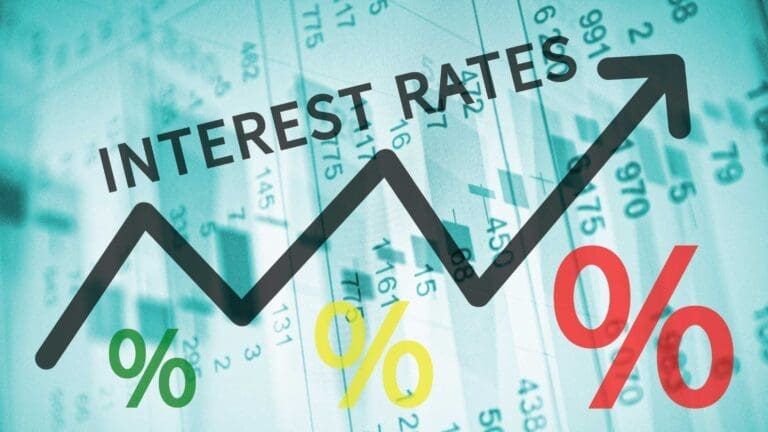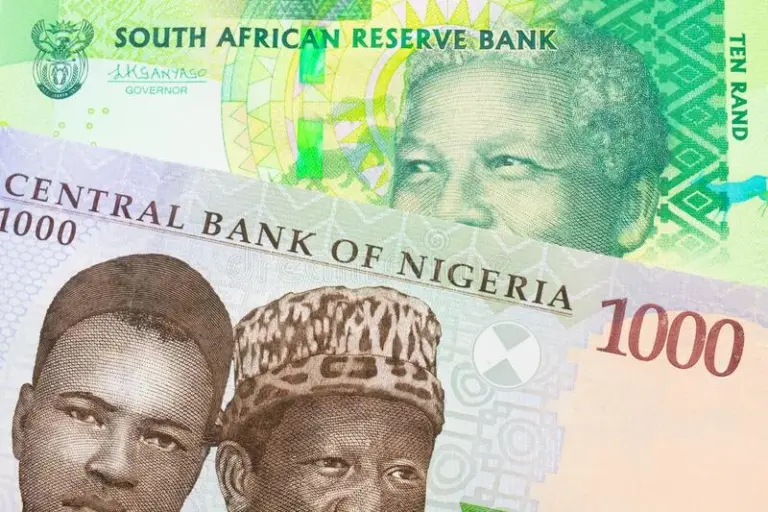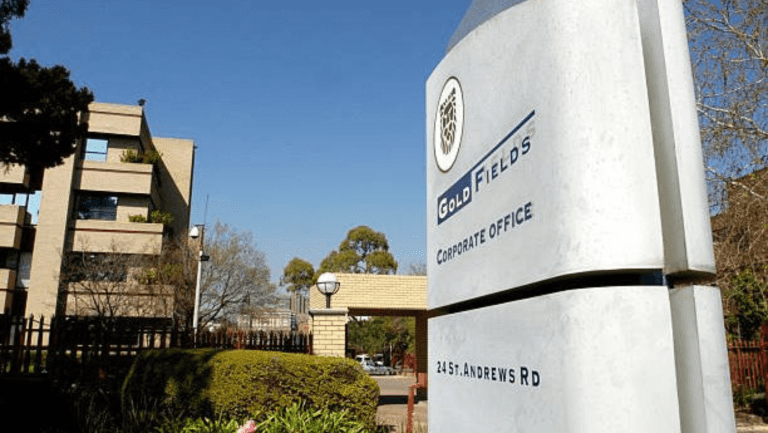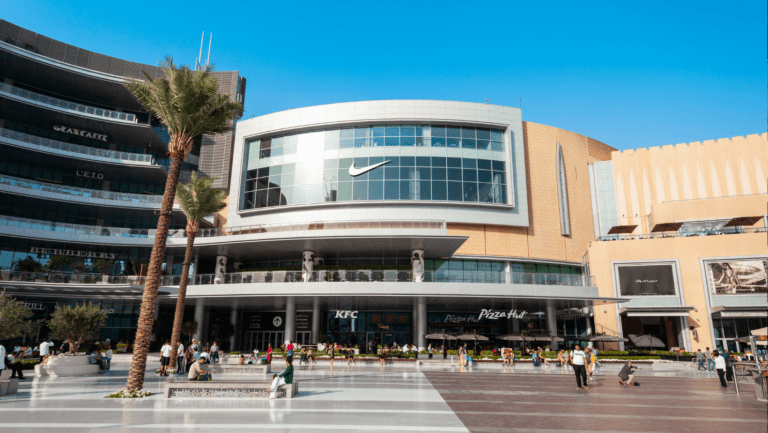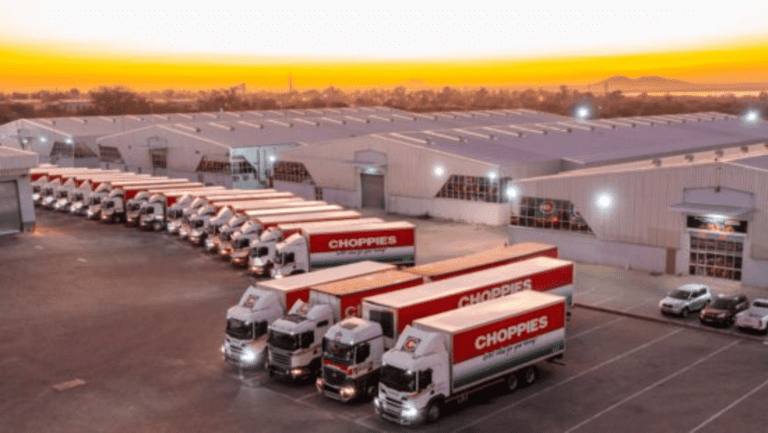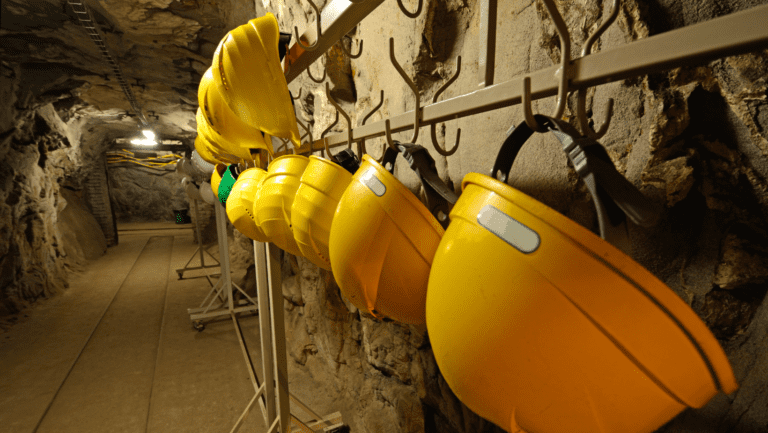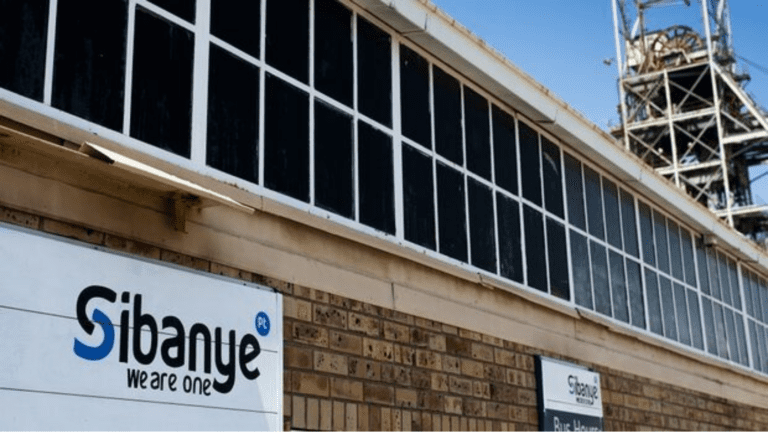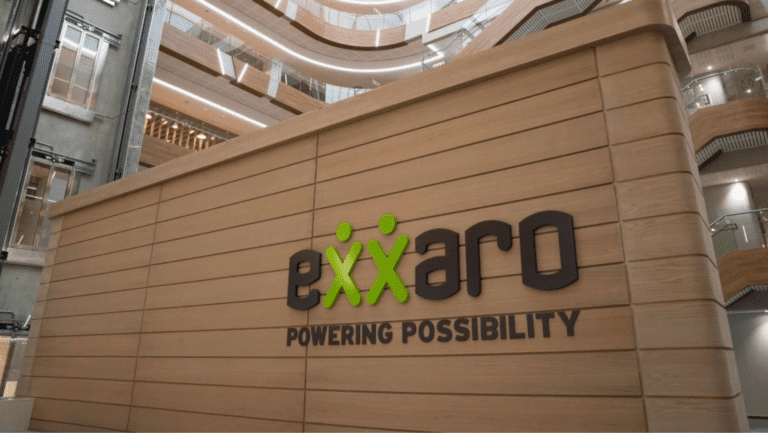Economists at the Bureau for Economic Research (BER) have delivered a stark assessment of South Africa’s economic trajectory over the past three decades, revealing a concerning narrative of stagnant growth since the country’s democratic transition. Despite initial promise and a period of robust expansion in the early years post-democracy, South Africa has grappled with a significant slowdown, with current growth rates languishing at a fraction of what they once were.
A Downturn from ‘Golden Years’
In the initial fifteen years following the advent of democracy, South Africa experienced a commendable average GDP growth of 3.6% annually, peaking at an impressive 5.6% in 2006. However, this trajectory has sharply declined, with the BER’s latest projections indicating a meager 1.3% growth for 2024. This figure, though slightly higher than the feeble average of 1.1% between 2009 and 2023, underscores a concerning trend of economic stagnation.
Contrasting Forecasts and Methodologies
While the BER’s forecast offers a somewhat optimistic outlook compared to other projections, including the International Monetary Fund’s (IMF) forecast of sub-1% growth for 2024, the disparity in estimates highlights the complexity of economic modeling. Lisette IJssel de Schepper, Chief Economist at the BER, elucidated that their macroeconometric model relies on the expenditure approach to calculate GDP growth, emphasizing the critical role of consumer spending and the necessity for enhanced export performance to propel the economy forward.
Structural Challenges and Global Events
The analysis by the BER illuminates the impact of both domestic and global factors on South Africa’s economic trajectory. While major global events such as the Global Financial Crisis (GFC) in 2008/09 and the COVID-19 pandemic in 2020/21 have precipitated periods of contraction and recovery, South Africa has grappled with enduring structural challenges.
The energy crisis, characterized by persistent load shedding, has significantly hindered economic activity, shaving off up to 2 percentage points from GDP growth. Moreover, crises in crucial sectors such as transportation and infrastructure, exemplified by the Transnet debacle, have impeded export capabilities, exacerbating the country’s trade deficit. Additionally, the persistent water crisis continues to plague industries, businesses, and residents across South Africa, further constraining economic growth.
Living in Recession: The Reality for South Africans
Despite narrowly avoiding technical recession in terms of GDP, the lived experience for many South Africans reflects an enduring economic downturn. The BER’s analysis reveals that if growth had continued at the modest average of 2% since 2012, the economy would have been substantially larger, aligning more closely with population growth. However, the stark reality is that economic growth has failed to keep pace with demographic expansion, resulting in a 5% decline in GDP per capita since 2012.
Shifting Composition of GDP
The composition of South Africa’s GDP has undergone notable transformations over the past three decades. While household consumption has traditionally constituted the largest share, its prominence has further increased over time. Conversely, net trade, which contributed significantly to GDP in 1994, has experienced a marked decline. The country’s negative trade balance, coupled with diminishing investment levels by firms, households, and the government, underscores the multifaceted challenges confronting South Africa’s economic landscape.
Confidence Erosion and its Ramifications
A key factor contributing to the economic malaise in South Africa is the erosion of confidence among businesses and investors. The RMB/BER Business Confidence Index (BCI) survey starkly illustrates this trend, with satisfaction with prevailing business conditions plummeting from around 80% in 2006 to a mere 32% in 2023. This deterioration in confidence has further dampened investment sentiment, exacerbating the challenges of stimulating economic growth.
In conclusion, the BER’s comprehensive analysis offers invaluable insights into the complex dynamics shaping South Africa’s economic trajectory. While global events have undoubtedly played a role, the country’s enduring structural challenges and waning investor confidence pose formidable obstacles to revitalizing economic growth. Addressing these multifaceted issues will require concerted efforts from policymakers, businesses, and civil society to chart a path towards sustained prosperity and inclusive development for all South Africans.




